December 19, 2023 by Diana Ambolis
763
Blockchain funding refers to the financial support provided to companies, projects, or initiatives within the blockchain and cryptocurrency space. The blockchain industry has witnessed significant growth and innovation, attracting investments from venture capitalists, institutional investors, crowdfunding platforms, and even government entities due to the potential of this disruptive technology. Blockchain funding can take various forms,
Blockchain funding refers to the financial support provided to companies, projects, or initiatives within the blockchain and cryptocurrency space. The blockchain industry has witnessed significant growth and innovation, attracting investments from
venture capitalists, institutional investors, crowdfunding platforms, and even government entities due to the potential of this disruptive technology.
Blockchain funding can take various forms, including but not limited to:
- Venture Capital (VC) Funding: Traditional venture capital firms invest in blockchain startups and companies that are developing innovative blockchain-based solutions. These investments can range from seed funding for early-stage startups to Series A, B, or later rounds for more established projects. VC funding provides capital in exchange for equity stakes in the company.
- Initial Coin Offerings (ICOs): ICOs gained popularity as a fundraising method within the blockchain space. In an ICO, companies issue their own cryptocurrency tokens to investors in exchange for established cryptocurrencies like Bitcoin or Ethereum. Investors purchase these tokens with the expectation that they will gain value as the project develops. However, ICOs have faced regulatory scrutiny due to concerns about investor protection and fraudulent activities.
- Security Token Offerings (STOs): STOs are similar to ICOs but involve tokens that are backed by real assets, such as company shares, profits, or physical assets. These tokens are considered securities and are subject to regulatory compliance, offering investors more transparency and legal protection compared to traditional ICOs.
- Initial Exchange Offerings (IEOs): IEOs are conducted through cryptocurrency exchanges, where the exchange acts as a facilitator for fundraising. Blockchain projects launch their token sale directly on an exchange’s platform, leveraging the exchange’s user base for fundraising. Investors can participate in the sale through the exchange’s platform.
- Private Placements and Institutional Investments: Institutional investors, hedge funds, family offices, and high-net-worth individuals may engage in private placements, directly investing substantial amounts into blockchain companies or projects. These investments are not publicly offered and often involve negotiations and agreements tailored to the specific needs of the investors and the companies seeking funding.
- Grants and Public Funding: Governments, foundations, and non-profit organizations might offer grants or funding to support blockchain research, development, and initiatives. These funds are often allocated to foster innovation, promote blockchain adoption, or address societal challenges using blockchain technology.
Blockchain funding is crucial for the growth and advancement of the industry. It provides resources for research and development, infrastructure building, talent acquisition, regulatory compliance, marketing, and expanding the reach of blockchain-based solutions across various sectors.
Securing substantial funding, typically exceeding $100 million, demonstrates investor confidence in the potential of a blockchain firm or project. Such funding enables these entities to scale their operations, innovate further, expand their user base, enhance security measures, and explore new applications for blockchain technology.
However, it’s essential to note that while funding is instrumental in driving progress, success in the blockchain industry requires more than just financial support. Companies and projects must demonstrate a strong value proposition, viable use cases, technological innovation, regulatory compliance, and a clear roadmap for sustainable growth to thrive in this dynamic and evolving landscape.
Also, read – Top 5 Ways In Which Blockchain funding Is Revolutionizing Traditional Investment Methods
What is blockchain for finance?
Blockchain technology has revolutionized the financial industry by offering a decentralized, transparent, and secure system for recording and managing financial transactions. Often associated with cryptocurrencies like Bitcoin, blockchain extends far beyond digital currencies, showcasing its potential to transform traditional financial services across banking, payments, lending, asset management, and more.
At its core, blockchain for finance refers to the application of distributed ledger technology (DLT) to streamline and enhance various financial processes. Here’s a detailed look at how blockchain is reshaping the finance sector:
Decentralization and Transparency:
Blockchain operates on a decentralized network of computers (nodes) where each transaction is recorded in a “block” that is cryptographically linked to previous blocks, forming an immutable chain. This decentralized nature eliminates the need for intermediaries like banks or clearinghouses, reducing transaction costs and enhancing transparency.
Enhanced Security and Immutable Records:
The cryptographic nature of blockchain ensures that once a transaction is recorded, it cannot be altered or deleted, providing an immutable and transparent record of all transactions. This feature minimizes fraud, enhances security, and builds trust among participants.
Cross-Border Transactions and Remittances:
Blockchain facilitates faster and more cost-effective cross-border payments and remittances. Traditional international transactions often involve multiple intermediaries, leading to delays and high fees. With blockchain, transactions can occur directly between parties, bypassing intermediaries, and settling almost instantly, reducing costs and improving efficiency.
Smart Contracts and Automation:
Smart contracts are self-executing contracts with predefined rules and conditions written into code on the blockchain. These contracts automatically execute and enforce themselves when the specified conditions are met, eliminating the need for intermediaries and reducing the potential for disputes.
Tokenization of Assets:
Blockchain enables the tokenization of real-world assets, representing physical assets such as real estate, art, or commodities digitally on the blockchain. This fractional ownership allows for increased liquidity, easier transferability, and democratized access to assets that were traditionally illiquid or inaccessible to smaller investors.
Decentralized Finance (DeFi):
DeFi refers to a range of blockchain-based financial applications and protocols that aim to recreate traditional financial services in a decentralized manner. These include lending and borrowing platforms, decentralized exchanges (DEXs), yield farming, staking, and more. DeFi aims to provide financial services globally without the need for traditional intermediaries, offering greater accessibility and potentially lower costs.
Central Bank Digital Currencies (CBDCs):
Several countries are exploring the concept of central bank digital currencies (CBDCs), leveraging blockchain technology to issue their own digital currencies. CBDCs aim to complement existing fiat currencies, offering efficiency, traceability, and potentially enabling new monetary policies while ensuring regulatory oversight.
Regulatory Challenges and Scalability:
Despite its potential, blockchain for finance faces challenges related to regulatory compliance, scalability, interoperability, and integration with existing financial systems. Regulations regarding cryptocurrencies, security tokens, and decentralized finance applications continue to evolve, impacting the widespread adoption of blockchain in the finance sector.
In conclusion, blockchain technology has the potential to significantly transform the finance industry by offering increased security, transparency, efficiency, and accessibility to financial services. As the technology matures and regulatory frameworks adapt, blockchain’s role in reshaping the future of finance is poised to become more pronounced, driving innovation and enabling new possibilities in global financial ecosystems.
Top 10 Blockchain firms with more than 100 Million in Blockchain funding
In the realm of technological innovation, blockchain has emerged as a disruptive force with the potential to transform industries and redefine traditional systems. This decentralized ledger technology has garnered immense attention, not only for its foundational role in cryptocurrencies like Bitcoin but also for its applications across various sectors, from finance and healthcare to supply chain management and beyond. As blockchain continues to evolve, numerous companies have emerged as pioneers in this space, securing substantial blockchain funding to fuel their innovative pursuits.
Here, we delve into the top 10 blockchain firms that have not only demonstrated groundbreaking advancements but have also secured significant funding, exceeding the milestone of $100 million, propelling the industry towards a future replete with possibilities.
Coinbase: As one of the most recognized names in the crypto space, Coinbase has established itself as a leading cryptocurrency exchange platform. With a user-friendly interface and a robust security infrastructure, Coinbase allows users to buy, sell, and store various digital assets. Having secured over $500 million in funding, Coinbase has expanded its services to include custody solutions, institutional trading platforms, and more, solidifying its position as a cornerstone of the crypto ecosystem.

Ripple: Renowned for its digital payment protocol and native cryptocurrency XRP, Ripple aims to revolutionize cross-border transactions by offering faster and more cost-effective alternatives to traditional banking systems. Backed by more than $200 million in funding, Ripple’s technology has gained traction among financial institutions seeking efficient remittance solutions and real-time settlement systems.
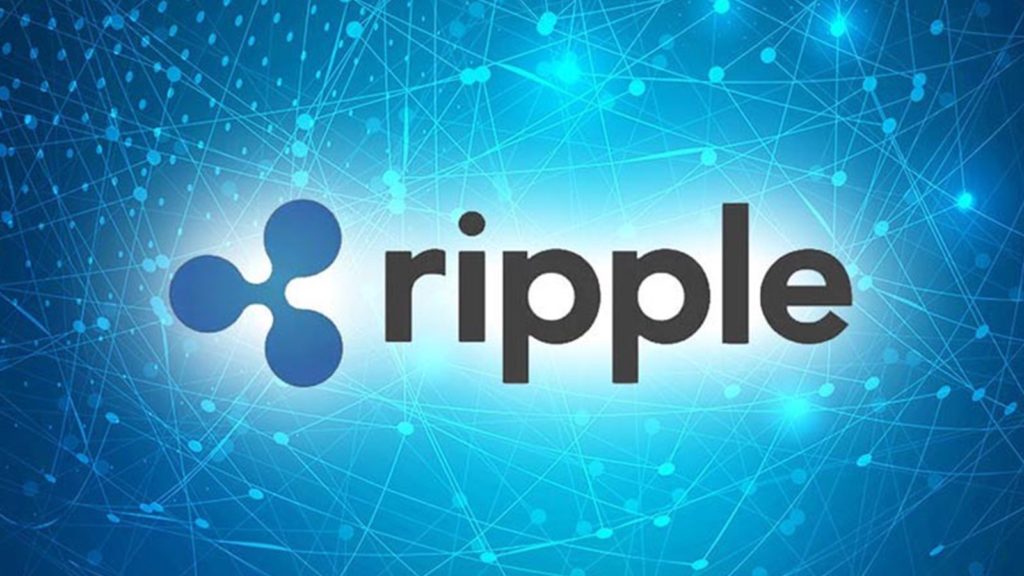
BlockFi: BlockFi has carved a niche in the crypto finance sector by providing interest-earning accounts, crypto-backed loans, and trading services. With a funding of over $350 million, BlockFi has become a go-to platform for users looking to leverage their cryptocurrencies for passive income or collateral-based loans, thereby bridging the gap between traditional finance and the digital asset space.

Chainalysis: In the domain of blockchain analytics and forensics, Chainalysis stands out as a prominent player. This firm specializes in providing investigative solutions to track and monitor cryptocurrency transactions, aiding law enforcement agencies, financial institutions, and regulatory bodies in combating illicit activities. With funding exceeding $100 million, Chainalysis continues to refine its tools to foster transparency and security in the blockchain sphere.
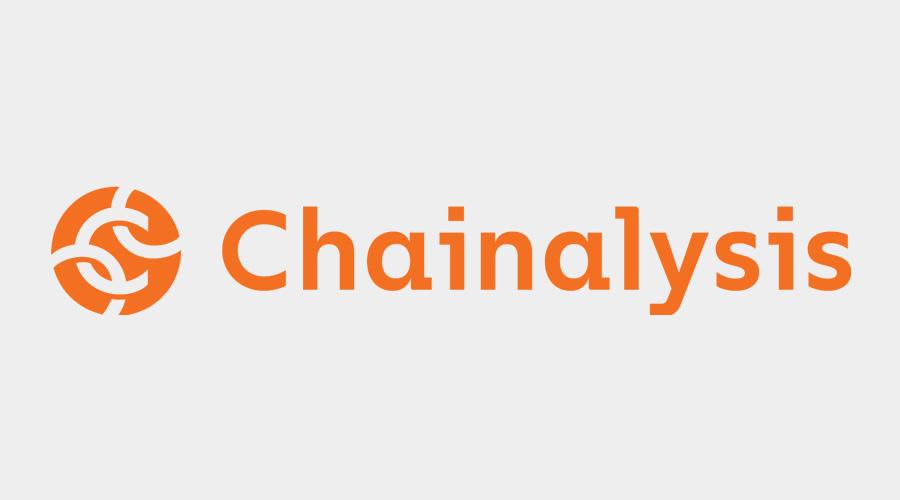
Bitmain: Bitmain has made significant strides in the realm of cryptocurrency mining hardware, notably producing ASIC (Application-Specific Integrated Circuit) miners for Bitcoin and other cryptocurrencies. Having amassed funding exceeding $300 million, Bitmain’s technology remains pivotal in maintaining the integrity and security of various blockchain networks through robust mining operations.
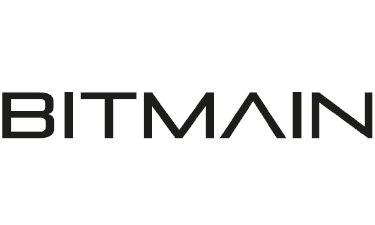
Circle: Circle has emerged as a multifaceted firm offering various blockchain-based solutions, including the development of stablecoins like USD Coin (USDC) and providing payment infrastructure through its Circle Pay app. With funding surpassing $200 million, Circle has propelled the adoption of stablecoins for everyday transactions while exploring innovations in digital asset finance and blockchain-powered payments.

ConsenSys: Founded by Ethereum co-founder Joseph Lubin, ConsenSys operates as a blockchain software technology company, developing decentralized applications and enterprise solutions on the Ethereum network. With funding exceeding $100 million, ConsenSys plays a pivotal role in fostering Ethereum’s ecosystem, promoting decentralized finance (DeFi), and exploring the potential of blockchain in various industries through its suite of products and services.

Ledger: Ledger has made significant strides in the realm of hardware wallets, offering secure storage solutions for cryptocurrencies. With funding surpassing $380 million, Ledger’s hardware wallets have gained popularity among crypto enthusiasts and institutional investors alike, providing a robust and user-friendly means to safeguard digital assets from cyber threats.

Kraken: Kraken stands as a prominent cryptocurrency exchange platform known for its extensive range of digital asset offerings and advanced trading features. With funding exceeding $100 million, Kraken continues to expand its global presence and enhance its services, catering to both retail and institutional investors while prioritizing security and compliance within the crypto trading sphere.
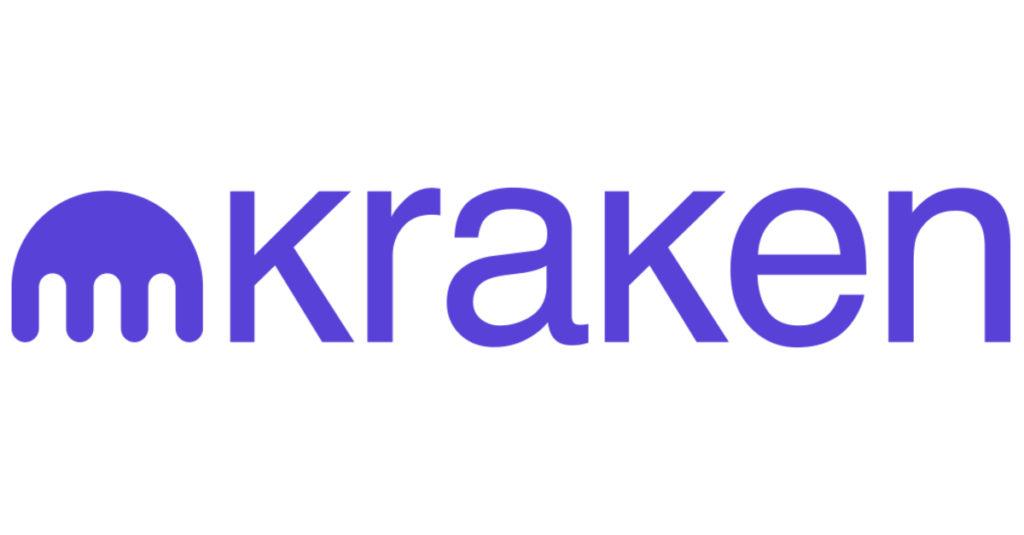
Avalanche: Avalanche operates as an open-source platform for launching decentralized applications and custom blockchain networks. With funding surpassing $200 million, Avalanche has garnered attention for its high throughput, low latency consensus protocol, positioning itself as a scalable and interoperable platform for building decentralized finance applications and enterprise-grade blockchain solutions.
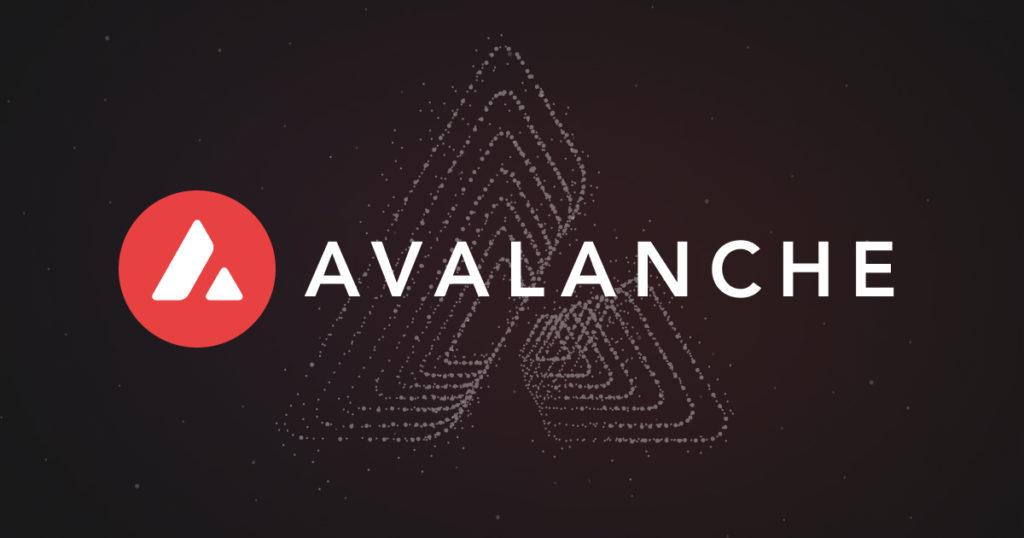
These 10 blockchain firms, each with a unique focus and innovative approach, have not only secured substantial funding but also played integral roles in shaping the trajectory of blockchain technology. Their contributions span across diverse sectors, driving the adoption and evolution of decentralized systems, and paving the way for a future where blockchain’s potential is fully realized.
As these firms continue to innovate and expand their offerings, the broader blockchain ecosystem stands poised for further growth, unlocking new opportunities and revolutionizing industries worldwide. The impact of these companies extends far beyond the realm of finance, promising transformative solutions that have the potential to reshape various facets of our interconnected world.







































































